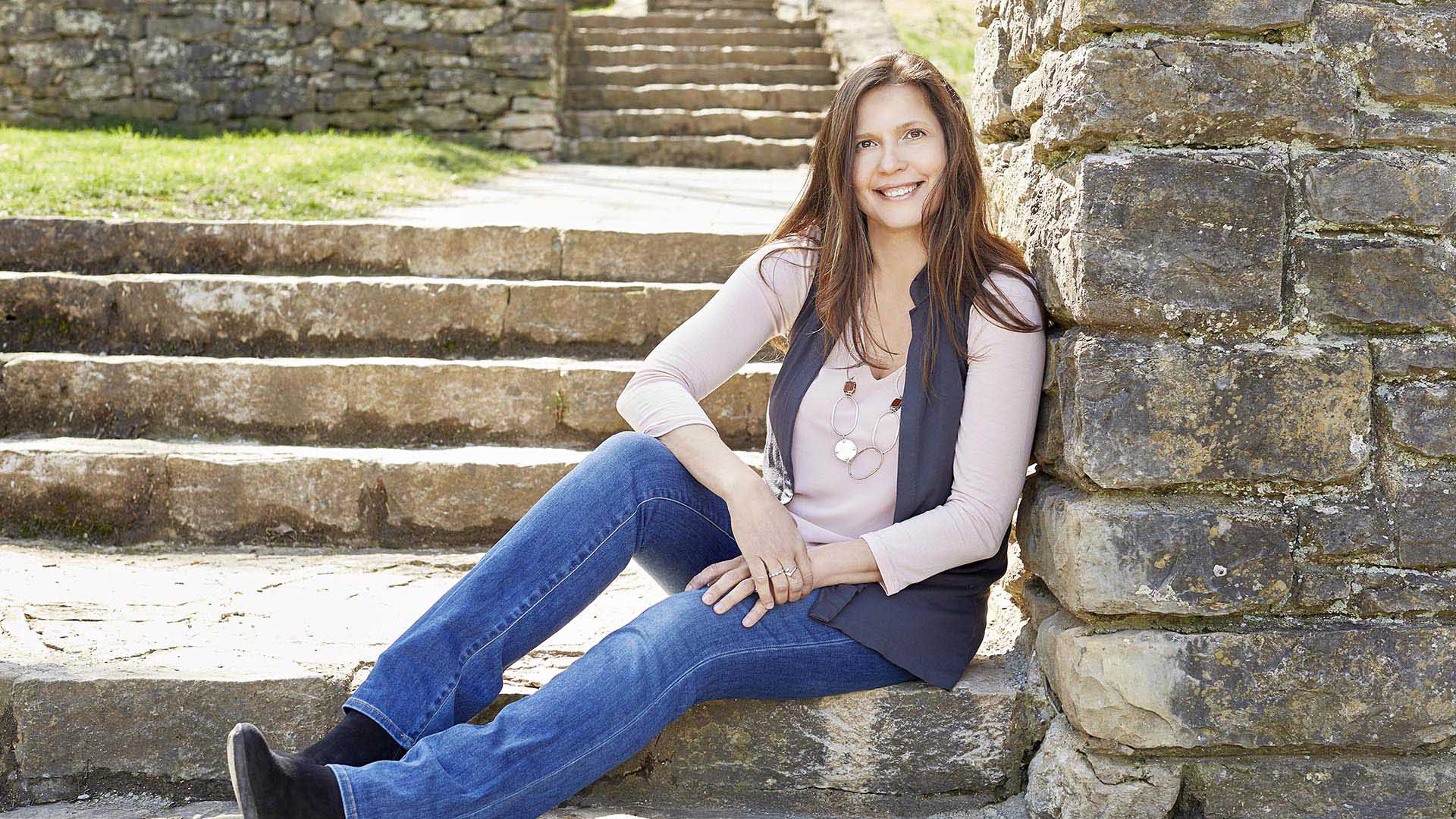Q & A With Olesya Leskel, LPC, MHSP

Q & A With Olesya Leskel, LPC, MHSP
Welcome, Olesya!
Thanks! Excited to be here.
Tell us a little bit about yourself.
I’m originally from Russia and came to the United States as a student about 18 years ago. Prior to earning my Master’s Degree from Lesley University and becoming a child, adolescent and adult therapist, I was an educator for about nine years. I moved to Tennessee from Boston about five years ago and fell in love with Nashville and its people. I feel so lucky to have made a home here for myself and my family.
What brought you to Nashville?
I moved here when my husband received an appointment as a professor at Vanderbilt University.
What do you like most about living and working in Nashville?
Coming from Boston, I was struck by how differently people treat each other in Nashville, in comparison to the East coast. Even complete strangers have a kind word for you, which has been such a pleasant change. The people of Nashville is what I enjoy the most about living and working in Nashville.
Why do you like working with children?
I love working with children because I feel I am able to connect with them and “speak their language.” I am always fascinated to watch how children learn and resolve their inner conflicts through means that are not available to adults, such as play. I like the honesty that children gift you with and being able to earn their trust feels to me as if I am given the most valuable treasure one can receive. I find the work to be very meaningful because I believe that aiding a struggling child is ultimately helping a future adult lead a happier life.
What do you like most about working with adults?
Working with adults is intellectually stimulating for me. I am always amazed by how people’s decisions in life are influenced by their histories and childhood experiences. I find it exciting that through the process of therapy, I can help my adult clients uncover and understand inner motivations of their choices and help them explore different ways of dealing with various challenges.
What inspired you to be a therapist?
My own childhood experiences. When I grew up in Russia, therapists were non-existent, so I was forced to deal with issues such as bulling, poor self-esteem and loneliness without anyone’s support and reassurance. This propelled me to become available to others, particularly children, who are struggling in their lives, so I can do for them that I wished someone would have done for me.
How does your education background inform your therapy approach?
For me, counseling is an area that lies between medicine and teaching. The way people develop is influenced by both biology and learning within certain environments, such as family, school and community. Having background in medicine and education helps me to view my clients in more holistic way and create therapeutic interventions that take into account all these systems.
Describe your ideal client.
The ideal client for me is a client who makes me grow as a professional and as a human being.
What would you tell someone thinking about sending their child to therapy?
There is a saying, “It takes a village to raise a child.” I believe most parents want to do what’s best for their children. Sometimes it means using resources and relying on knowledge of other people to help them in the challenging task of raising a happy and well-adjusted individual.
What would you tell someone considering individual therapy?
I would tell them that anyone can benefit from therapy. They say that knowledge is power. I would also say that gaining self-awareness means giving yourself power in making better choices in life. Therapy is a good place to learn about oneself, understand how our past affects our present, acquire some new skills to deal with various challenges, and maybe even find a different perspective on life. For me, its purpose is to help a person understand oneself better, accept who they are, and aid in exploring ways how using the gained knowledge one can change ones life for the better.
Since becoming a parent, has your therapeutic approach changed?
I am not sure whether being a therapist makes me a better mother but being a mother has definitely made me a better therapist. Since becoming a parent, I am much more understanding of and sympathetic to all the worries that parents have in regards to their children. I have a different appreciation of the sacrifices and the efforts parents have to make in order to help their kids.

